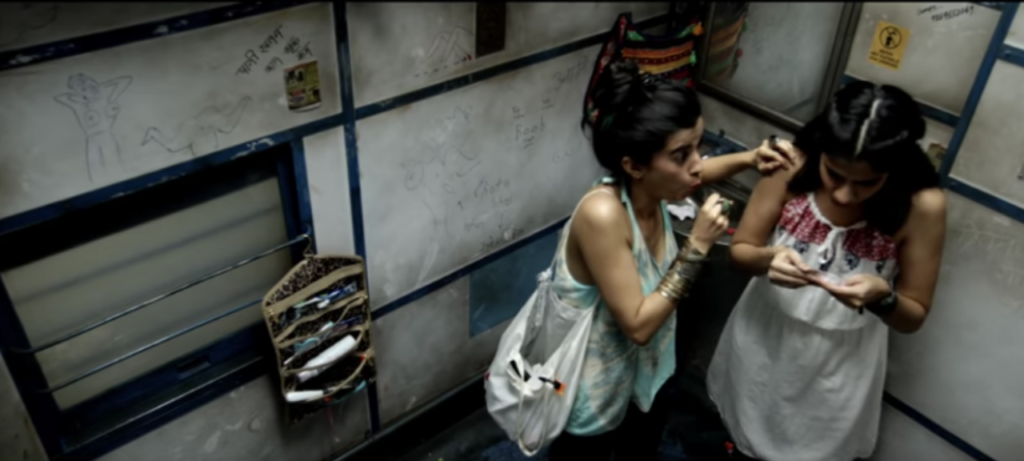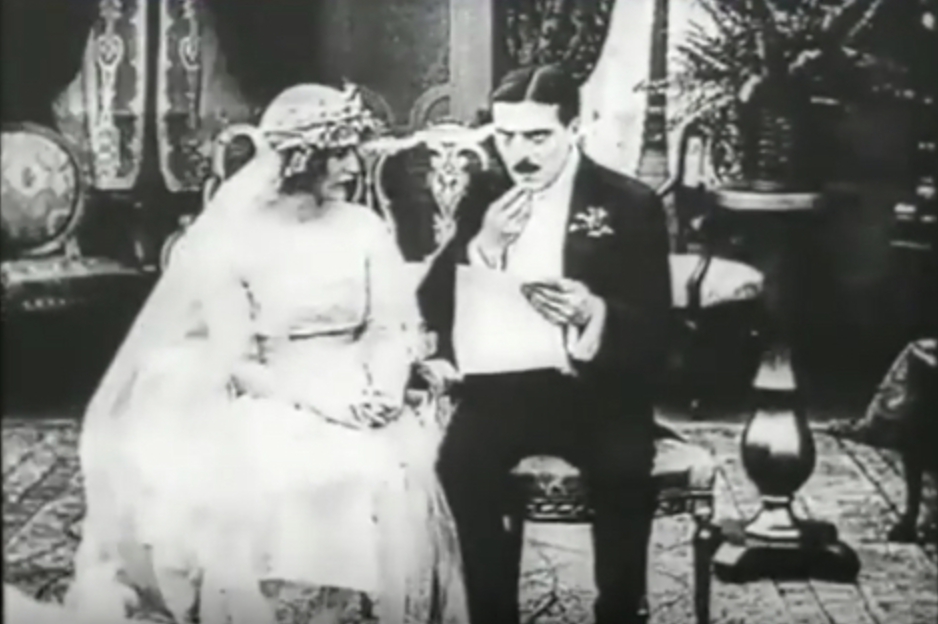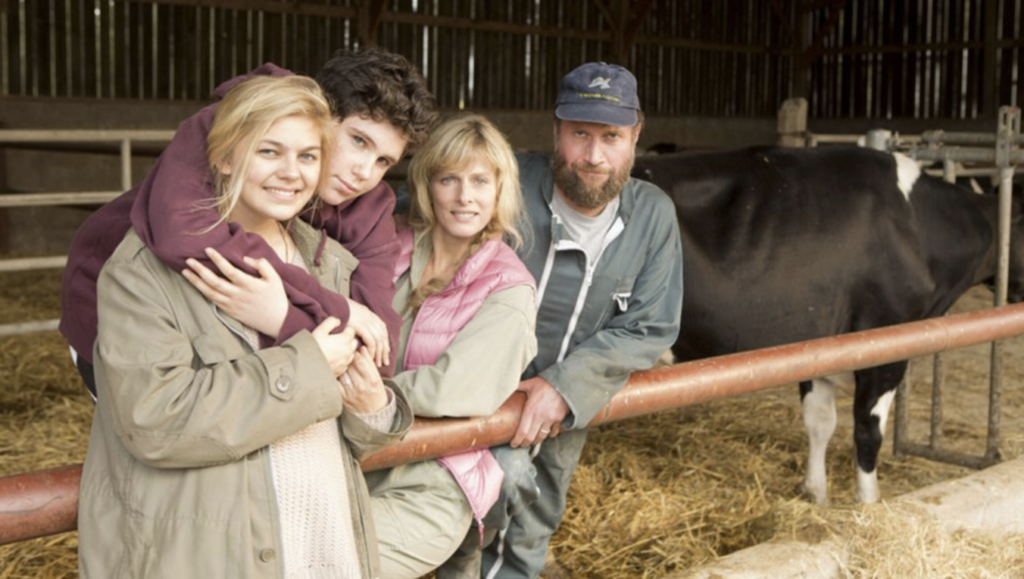ARTICLES
Radical rom-com: not an oxymoron
By Maria San Filippo

EXCERPT: “Rounding out this special issue are three additional essays that further indicate just how far-flung – geographically and ideologically – romantic comedy’s borders continue to be. Rom-com’s recent reincarnation in the form of the web series takes advantage of the industrial and ideological latitude of online platforms to voice an alternative feminist, queer politics largely absent from mainstream and ‘gaystream’ film and television, as our next three contributors deftly demonstrate.” READ THE FULL FREE ACCESS ARTICLE HERE
Evidence to the contrary: matrimony & legal interventionism in silent divorce comedies
By Leslie H. Abramson

EXCERPT: “Captivated by the vagaries of romance, American silent cinema was smitten from the beginning with the narrative possibilities of not only attraction but the gamut of ensuing legal entanglements. Within the contrapuntal dramas of courtship and discord, devotion and infidelity, matrimony and separation lay steadfast engrossment with the hazards of obligation decreed by the marriage contract and the prospects of the union’s lawful termination.” READ THE FULL ARTICLE HERE
Romantic comedy and the virtues of predictability
By Kyle Stevens

EXCERPT: “But happiness in the cultural imaginary is not just bound up with romantic love (symbolized until very recently as marriage between one male and one female). It is also erotic. Sex is commonly the action implied to confirm the presence of romantic affection. Hence, being a good citizen entails the duty of being happy within romantic and erotic love. Joshua Foa Dienstag writes that ‘the fundamental political problem [in the U.S. is] that the mobility of eros is incompatible with the political need for institutional stasis,’ because of eros’s unpredictability and penchant to transform over time.” READ THE FULL ARTICLE HERE
The awkward truth: failure to romance and the art of decoupling in the films of Hong Sang-soo
By Sueyoung Park-Primiano

EXCERPT: “It is not surprising, then, to find film critic Tony Rayns decry the ‘lazy’ comparison with Rohmer, and offer up Alain Resnais instead as the better match for Hong’s ‘relish of social embarrassments.’ As such, Hong’s characters’ unsettling experiences are more likely to trigger repression than fond remembrance, and, frustratingly, they rarely overcome their narcissism to be capable of change or growth, despite being confronted by moments of exposure and flashes of self-awareness. In this way, Hong’s characters disrupt audience identification and fail to elicit any deep-felt compassion from viewers who are unceremoniously abandoned to pick up the pieces of the fractured narratives on their own and vicariously learn from the characters’ misadventures.” READ THE FULL ARTICLE HERE
Rom-com without romonormativity, gays without homonormativity: examining the People Like Us web series
By Eve Ng

EXCERPT: “PLU demonstrates how the genre is adaptable to variations in production and distribution characteristics, and capable of content innovations that bear on broader issues of media representation. For a narrative about queer relationships, the web series format has provided PLU an important alternative avenue to bypass both mainstream, heteronormative production channels and state censorship hurdles for television and film in Singapore.” READ THE FULL ARTICLE HERE
Romantic female friendships as resistance: subversive web series in the United States and India
By Molly Bandonis & Namrata Rele Sathe

EXCERPT: “In her chapter of Bad Feminist titled ‘How to Be Friends with Another Woman,’ Roxane Gay’s first step instructs readers to ‘abandon the cultural myth that all female friendships must be bitchy, toxic or competitive,’ because, though insidiously attractive ‘like heels and purses,’ this myth functions as a containment strategy. This myth comes as little surprise when measured against mediated images of female friendships; charting this history reveals decades of embedded anxieties surrounding heterosexuality and capitalism. Western literature traditionally dictates a heroine’s journey according to a conventional marriage plot or a tale of eroticism; neither formula leaves room for independent homosocial bonding. In film, iterations of this bonding quickly adapt to social fixations on heterosexual coupling: either friends are warring in competition over men, or are in a safely non-competitive relationship modeled after mother-daughter closeness or with(in) a lesbian (sub)text.” READ THE FULL STORY HERE.
’Money can’t buy me love’: radical right-wing populism in French romantic comedies of the 2010s
By Mary Harrod

EXCERPT: “Further, many of the drives La Famille Bélier reveals and appeals to are not merely nationalistic but inherently populist. The film is set in the Pays de la Loire-Brittany-Lower Normandy border region, historically associated with the right wing (although socialist influence has taken hold in Brittany since the 1970s and indeed the far right may be less entrenched there than elsewhere in France – notably in the North). Nostalgia is expressed by the diegetic centrality of the songs of Michel Sardou, adored by Paula’s singing coach (Éric Elmosisno). This is particularly remarkable since his character is portrayed as having been forced to take a job in what he sees as a rural backwater, after the glories of Paris.” READ THE FULL STORY HERE
